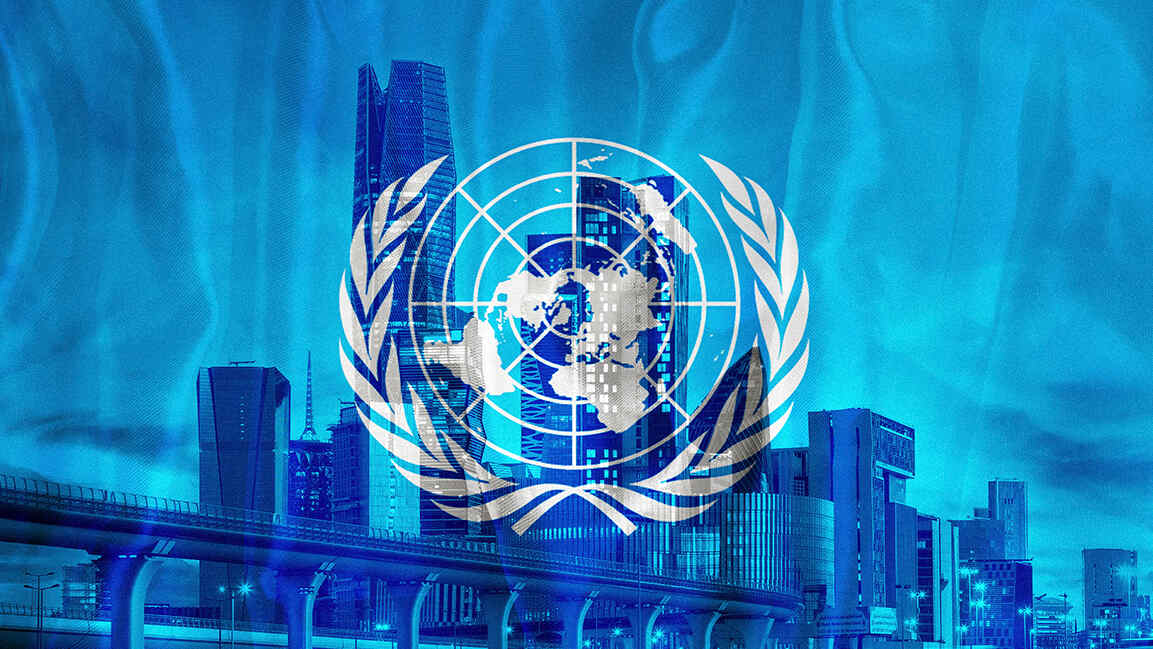- | 1:00 pm
Saudi Arabia strengthens regional meteorological ties through WMO leadership
Held virtually, the 18th session gathered Asian nations and global climate experts to address pressing meteorological challenges

In a significant move highlighting its leadership in climate and meteorological advancement, Saudi Arabia has been elected to chair Regional Association II (Asia) of the World Meteorological Organization (WMO). The appointment marks a key milestone in the Kingdom’s expanding role in shaping weather and climate services across the region.
Dr. Ayman Ghulam, CEO of the National Center for Meteorology, will serve as chair, representing Saudi Arabia. His election took place during the 18th session of the Regional Association, held virtually with participation from Asian member states and international meteorological organizations.
Dr. Ghulam was elected by acclamation, reflecting international recognition of Saudi Arabia’s advancements in atmospheric monitoring, adoption of advanced technologies, and the overall enhancement of its climate services.
In his remarks, Dr. Ghulam highlighted the Kingdom’s commitment to regional cooperation. “Saudi Arabia is committed to supporting approved regional initiatives, facilitating the exchange of technical expertise and knowledge, and enhancing cooperation mechanisms among member states,” he said.
He also outlined Saudi Arabia’s plans as chair, which include launching training and qualification programs for technical personnel, strengthening infrastructure for forecasting and monitoring, and helping regional countries benefit from the Kingdom’s national expertise. “These initiatives are expected to have a positive impact on community safety and promote sustainable development throughout the region,” he added.
The election reflects growing confidence in Saudi Arabia’s ability to lead collaborative efforts in tackling environmental challenges and advancing the role of modern meteorological systems in regional development.































